Posted on 3/28/2025
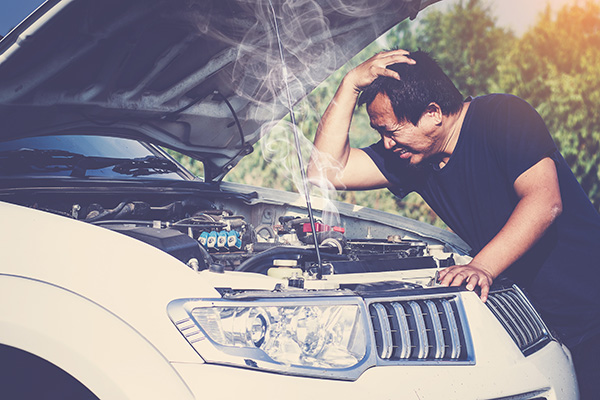
California’s relentless summer heat can take a serious toll on your vehicle, and your engine’s cooling system is its first line of defense. While most drivers keep up with oil changes and tire rotations, coolant maintenance is often overlooked—until it’s too late. Low or degraded coolant can lead to overheating, decreased fuel efficiency, and even major engine damage. If you drive in extreme temperatures, are you sure your cooling system is ready to handle the heat? What Does Engine Coolant Do Coolant, also known as antifreeze, is a liquid that circulates through your engine to absorb excess heat and regulate temperature. It prevents overheating in the summer and protects against freezing in the winter. In California’s hot climate, its primary function is to keep your engine from reaching dangerously high temperatures. Here’s how the coolant system works: The coolant absorbs heat from the engine. It travels to the radiator, wher ... read more
Posted on 2/28/2025
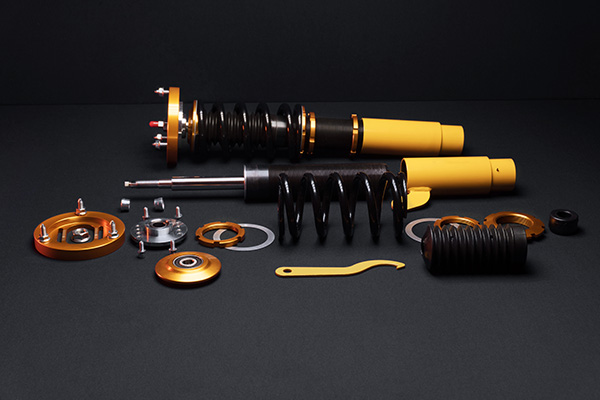
Your car’s suspension system is designed to keep your ride stable, absorb road impacts, and ensure smooth handling. While many drivers use the terms shocks, struts, and springs interchangeably, they actually play distinct roles in maintaining your car’s performance and comfort. If your vehicle feels bouncy, unstable, or difficult to control, there’s a good chance one or more of these components are wearing out. Understanding how they work and how they differ can help you recognize when it’s time for repairs or replacements. The Role of Springs in Your Suspension Springs are the foundation of your suspension system, supporting the weight of the vehicle and absorbing bumps in the road. They help maintain proper ride height and stability, preventing the car from bottoming out when driving over uneven terrain. There are different types of springs used in vehicles, including: Coil Springs: Common in most modern cars, coil spring ... read more
Posted on 2/14/2025
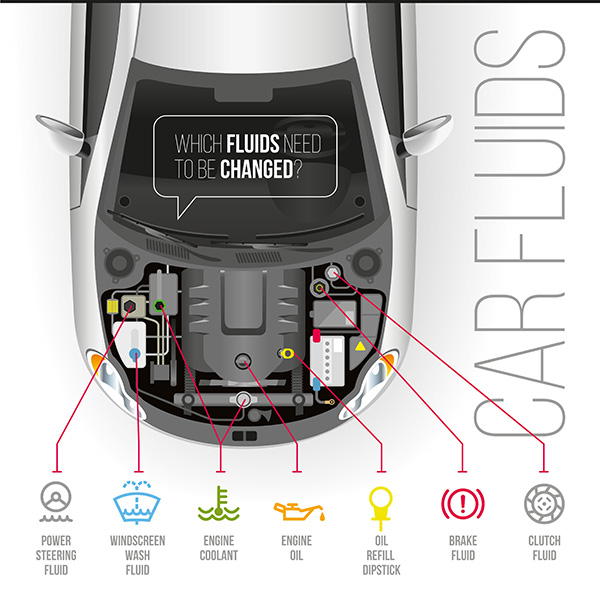
Your car relies on several important fluids to keep everything running efficiently and safely. These fluids lubricate, cool, and protect vital components, preventing wear and tear that could lead to expensive repairs or even total system failure. Yet, many drivers overlook fluid maintenance until something goes wrong—and by then, the damage might already be done. Regularly checking and topping up your car’s fluids is one of the simplest yet most effective ways to extend the life of your vehicle and avoid unnecessary breakdowns. Engine OilEngine oil plays a crucial role in lubricating moving parts, reducing friction, and preventing overheating. Over time, oil breaks down and collects dirt, making it less effective at protecting the engine. Failing to maintain proper oil levels can lead to: Increased engine wear due to poor lubrication. Overheating, which can cause sev ... read more
Posted on 1/31/2025
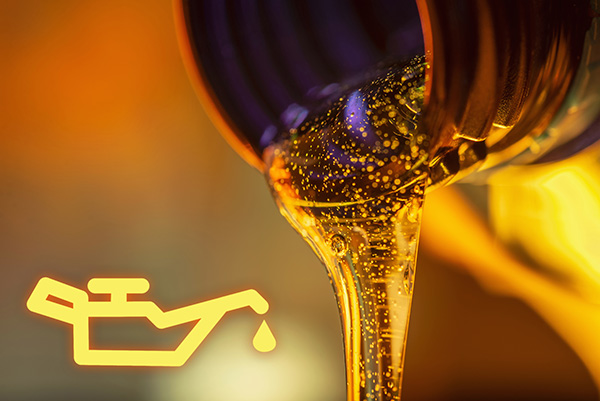
Keeping your car in excellent condition starts with a task that many drivers overlook—changing the oil. It might seem like a minor chore, but regular oil changes are necessary for the overall health of your vehicle. Whether you’re commuting daily through Covina, CA, or planning a cross-country road trip, staying on top of oil maintenance can make all the difference in how well your car performs. So, why is this simple service so critical? Protecting Your Engine’s Vital Components Think of oil as the lifeblood of your engine. Its primary job is to reduce friction between moving parts, preventing them from grinding against each other and causing damage. Over time, however, oil breaks down and becomes less effective at lubricating these components. Dirty oil can lead to excessive wear and tear, which eventually results in costly repairs. Fresh oil also helps to cool the engine by minimizing heat generated during operation. Without it, the engine can o ... read more
Posted on 1/24/2025
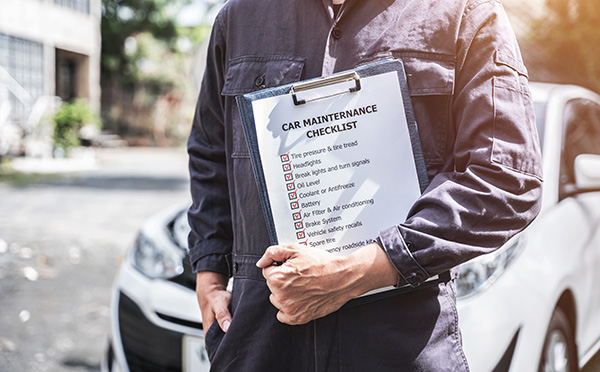
Car maintenance can feel like a never-ending to-do list, but it’s one of the most important aspects of keeping your vehicle reliable and safe. Whether you’re prepping for a long road trip or just staying ahead of wear and tear, sticking to a maintenance schedule ensures your car performs its best for the long haul. But what exactly is included in a car maintenance checklist? Let’s break it down so you can better understand how to keep your car in top shape. Regular Oil and Filter Changes At the heart of every car maintenance checklist is an oil change. Oil lubricates your engine’s moving parts, reducing friction and preventing overheating. Over time, however, oil becomes dirty and less effective, which can lead to poor performance or even engine damage. When you get your oil changed, it’s also a good time to replace the oil filter. The filter traps contaminants and debris, ensuring clean oil flows through the engine. Skipping this step ... read more